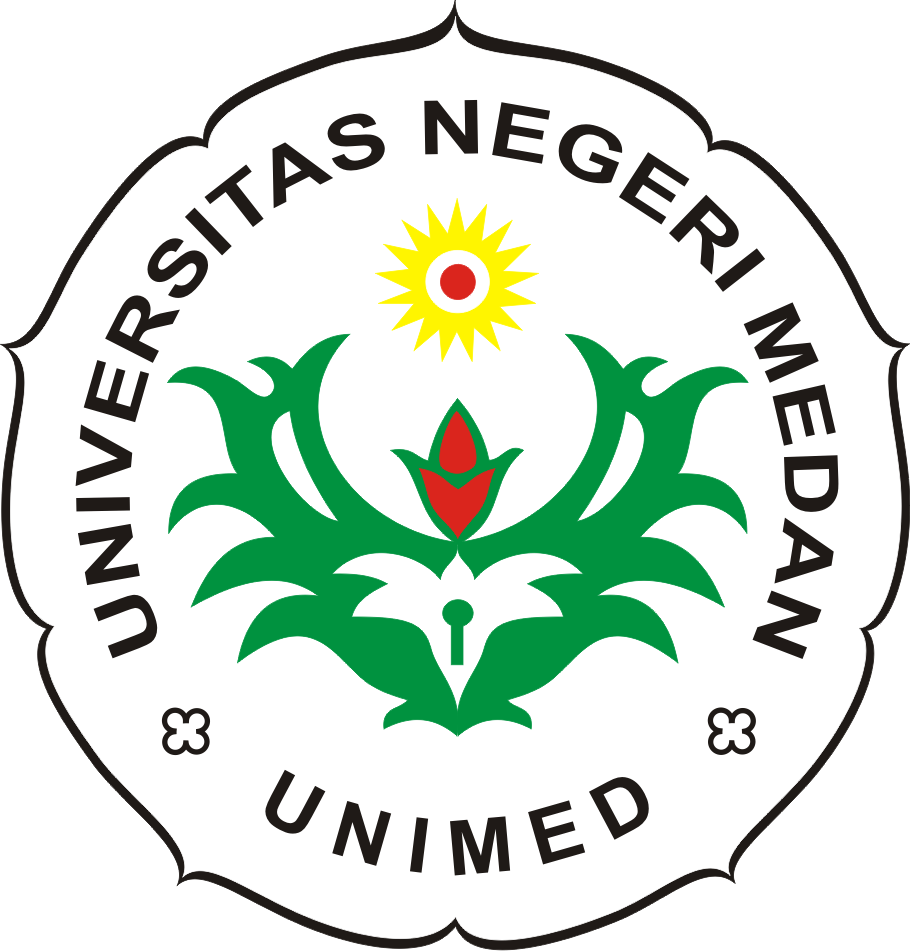DEVELOPING E-SCATTERGORIES GAME IN WRITING DESCRIPTIVE TEXT FOR THE TENTH GRADE IN VOCATIONAL SCHOOL
DOI:
https://doi.org/10.24114/reg.v10i4.29992Abstract
The objective of this study is to develop E-Scattergories game as a media to teach writing descriptive text for the tenth grade students in SMK Namira Tech Nusantara Medan. This study was conducted by using Research and Development design through six stages; gathering data and information, need analysis, designing materials and media, validating, revising, get the product. The subject of the study was tenth grade students and the English teacher in SMK Namira Tech Nusantara Medan. The data were gathered by reviewing documents, conducting interview to English teacher and distributing questionnaires to TKJ 1 (Teknik Komputer Jaringan) consisting of 18 students to get the students™ need. The interview and questionnaire results proved that the students to neededdigital game as a media. The developed writing materials were validated by two experts with the average scores of 92.66 of 100. It shows that the E-Scattergories game is valid and suitable to be used for the tenth grade students in SMK Namira Tech Nusantara Medan. The final product can be used from EScattergories developer.egoarchitect.com.Key words: development, E-Scattergories game, digital game, descriptive text.Downloads
Published
Issue
Section
License
Copyright (c) 2021 Julita Ennis, Rahmad Husein

This work is licensed under a Creative Commons Attribution-ShareAlike 4.0 International License.
Authors who publish with this journal agree with the following terms:
- Authors retain copyright and grant the journal right of first publication with the work simultaneously licensed under a Creative Commons Attribution License that allows others to share the work with an acknowledgment of the work's authorship and initial publication in this journal.
- Authors are able to enter into separate, additional contractual arrangements for the non-exclusive distribution of the journal's published version of the work (e.g., post it to an institutional repository or publish it in a book), with an acknowledgement of its initial publication in this journal.
- Authors are permitted and encouraged to post their work online (e.g., in institutional repositories or on their website) prior to and during the submission process, as it can lead to productive exchanges, as well as earlier and greater citation of published work (See The Effect of Open Access).
- This work is licensed under a Creative Commons Attribution-ShareAlike 4.0 International License.






